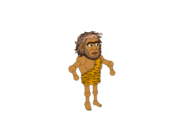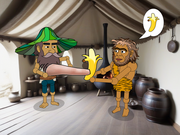逗人喜爱
Characters and words in 逗人喜爱
to stay / to stop / to tease (play with) / amusing / short pause in reading aloud, equivalent to comma (also written 讀|读[dou4])
to tease (playfully); to entice / (coll.) to joke / (coll.) funny; amusing / to stay; to sojourn / brief pause at the end of a phrase (variant of 讀|读[dou4])
person; people / CL:個|个[ge4],位[wei4]
to be fond of / to like / to enjoy / to be happy / to feel pleased / happiness / delight / glad
to love; to be fond of; to like / affection / to be inclined (to do sth); to tend to (happen)
Words with 逗人喜爱
逗人喜爱
is not used as a component in another word.
Sentences with 逗人喜爱
逗人喜爱 currently does not appear in any sentence.

